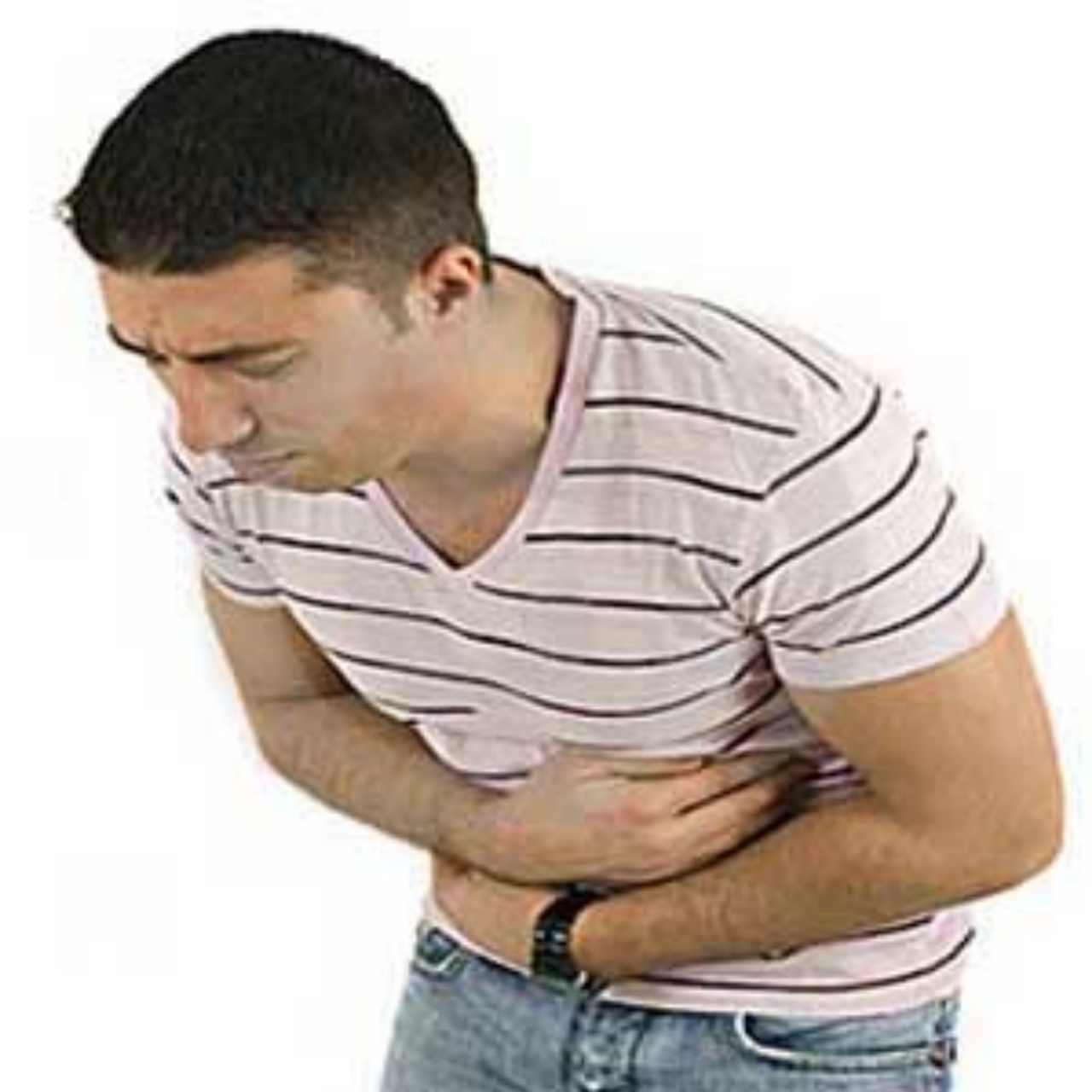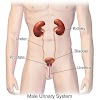Cause of kidney stones
There is no definite and singular cause of kidney stones. However, there are many factors, often in combination, that cause a condition in which susceptible individuals may develop kidney stones ...
 |
| Causes Of Kidney Stones |
What are the causes of kidney stones
Mineral residues from our diet make kidney stones that accumulate in the kidneys. Doctors do not always know the cause of kidney stones. While some foods may promote stone formation in susceptible people, scientists do not believe that eating any specific food creates stones in those who are not susceptible.
The most common types of kidney stones are calcium-type, especially calcium oxalate stones, which account for 80% of the occurrence of kidney stones. It is learned that the ability to produce such stones is inherited. The condition is called hypercalciuria.
Studies show that foods high in calcium do not lead to the formation of calcium-type kidney stones, although individuals taking calcium supplements may develop them due to high levels of calcium in the urine, which increases calcium oxalate. Or causes crystals of calcium phosphate. Kidney or elsewhere in the urinary tract. Magnesium deficiency has been found to be a possible cause of calcium oxalate formation, and supplementing with magnesium by dissolving and reabsorbing this type of kidney stone has been found to be an effective remedy.
Urinary tract infections, kidney disorders (such as cystic kidney disease), and some metabolic disorders such as hyperparatroidism are also associated with the formation of kidney stones. Individuals with a family history of kidney stones may also be more likely to develop them.
People with a rare hereditary disease called renal tubular acidosis have a high probability of developing kidney stones.
Kidney Stones :- Symptoms and Treatment
Cystinuria and hyperoxaluria are two other rare, inherited metabolic disorders that often cause kidney stones. In cystinuria, the excess amino acid cysteine, which does not dissolve in urine, is reduced to zero, forming stones made of cysteine. In patients with hyperoxaluria, the body produces too much oxalate, a salt. When there is more oxalate in the urine, it can be dissolved, crystals freeze and form stones.
Other causes of kidney stones are hyperuricosuria, a disorder of uric acid metabolism; Gout; Excess intake of vitamin D; And urinary tract obstruction. Some diuretics, commonly called water pills, and calcium-based antacids may increase the risk of kidney stone formation by increasing the amount of calcium in the urine.
Kidney Tumor - Symptoms and Cure
Calcium oxalate stones can also form in people who have chronic bowel inflammation or who have undergone intestinal bypass operation, or osteomy surgery. Individuals taking the protease inhibitor indinavir (a drug used to treat HIV infection) also have an increased risk of kidney stones.
Diet due to kidney stones
That said, here are some possible causes of kidney stones (in individuals who are susceptible):
- Calcium supplements - Individuals taking calcium supplements can develop kidney stones due to high levels of calcium in the urine (causing calcium oxalate or calcium phosphate crystals to form in the kidney or other urinary tract).
- Magnesium deficiency - Those who do not have enough magnesium, studies have shown that it is believed to be a possible cause of calcium oxalate formation. In particular, magnesium supplementation (see KSF below) has been found to be an effective remedy for dissolving these kidney stones and maintaining them.
UTI - obstruction, ureter, bladder cancer
- Not drinking enough water - Inadequate fluid intake leads humans to dehydration, which is a major risk factor for kidney stone formation.
- Excess animal protein intake
- High salt diet
- Excessive sugar intake
- Excessive vitamin d supplementation
- Excess intake of oxalate-rich foods including spinach, nuts and chocolate
Kidney Stones Diet Guide
If your body is susceptible to the formation of calcium oxalate stones and if you have an excess of oxalate in your urine, your doctor is quite likely to advise you to limit or avoid high oxalate foods:
- - One type of fruit
- Spinach
- - defeat
- - Swiss chard
- - Wheat germ
- - Soybean Crackers
- - peanut
- - okra
- - Chocolate
- - Black Indian Tea
- - Sweet potato
There are also some foods that contain moderate amounts of oxalate that may indicate to your doctor that they may be eaten in limited quantities. Are included:
- - Red raspberry
- - Fruit Cake
- - Strawberries
- - Marmalade
- - liver
- - grits
- - grapes
- - carom flowers
- - Green chilli
Treatment of kidney stones
98% of small stones (less than 5 millimeters (0.20 in) in diameter) can pass through the urine spontaneously within four weeks of the onset of symptoms. But what about big stones? In this regard, what are the treatment options for kidney stones.
- Medicine
Alpha adrenergic blockers such as tamsulosin, and calcium channel blockers such as nifedipine have been found to be effective in stimulating the spontaneous passage of some kidney stones.
- Surgery
Prompt surgery may be necessary for those who have only a working kidney, bilateral obstruction stones, a urinary tract infection (and thus, possibly an infected kidney), or severe pain.
- Non invasive treatment
Kidney infection - causes and symptoms
Since the mid-1980s, less invasive treatments such as uretoscopy, extracorporeal shock wave lithotripsy (ESWL), and percutaneous nephrolithotomy began to replace open surgery as the main option for surgical management of kidney stones.
KIDNEY STONES FLUSH
Assuming there is no serious obstruction or associated infection in the urinary tract, and the symptoms are relatively mild, there are various non-surgical measures used to dissolve or encourage the passage of a stone. One such treatment for the most common type of kidney stone - calcium oxalate - is a specially formulated product called Kidney Stones Flush (KSF).











